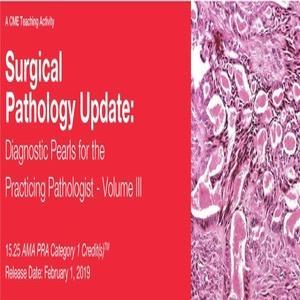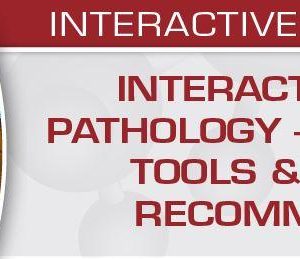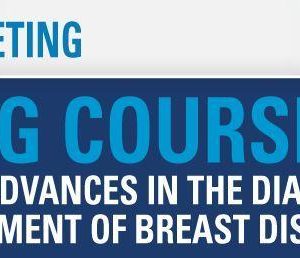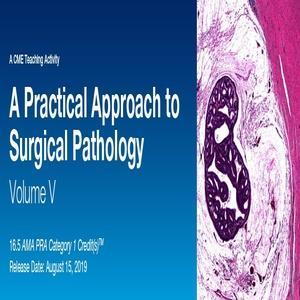2019 Surgical Pathology Update Diagnostic Pearls for the Practicing Pathologist Vol. III
This CME activity is an up-to-date and comprehensive review of a variety of topics in surgical pathology and cytopathology including gastrointestinal, genitourinary, soft tissue, gynecologic and dermatopathology. Emphasis is placed on correlation between cytopathology and surgical pathology findings, pertinent diagnostic techniques, including immunohistochemistry and molecular diagnostics. This activity also includes an overview of diagnostic pearls which allow for an accurate diagnosis as well as common diagnostic pitfalls.
Educational Objectives
At the completion of this CME teaching activity, you should be able to:
Describe the most common well-differentiated lipomatous tumors and the major diagnostic criteria for separating them from one another.
Identify the most common morphologic patterns seen in soft tissue tumors.
Apply the most useful immunohistochemical and molecular diagnostic techniques in the evaluation of soft tissue tumors.
Discuss updates in the most recent WHO classification of renal tumors.
Restate common and uncommon diagnostic pitfalls in bladder pathology.
Explain how to reliably utilize both morphology and immunohistochemistry to differentiate germ cell tumors from mimics.
Identify the histologic features of select cutaneous fibrohistiocytic tumors.
Recognize cutaneous adnexal tumors that are associated with hereditary cancer predisposition syndromes.
Describe the most useful ancillary diagnostic tests to aid in the diagnosis of challenging melanocytic lesions.
Discuss current clinicopathologic diagnostic criteria for Barrett esophagus.
Recognize the appearance of several medications that can be identified on routine histology.
Explain the most common forms of gastritis with emphasis on the autoimmune form.
Restate the natural history and disease biology of ductal carcinoma in situ.
Recognize cytomorphologic pitfalls encountered in interpreting cerebrospinal fluid.
Describe mediastinal anatomy and cytology sampling techniques.
Discuss the appropriate use of p16 immunohistochemistry and HPV RNA in situ hybridization.
Explain the TCGA molecular classification system of endometrial carcinoma.
Review the interpretative challenges that attend MMR immunohistochemistry and understand the clinical implications of loss in tumors of the gynecologic tract.
Topics And Speakers:
Session 1
The Trouble with Fat: Diagnostic Issues with Well-Differentiated Lipomatous Tumors
John R. Goldblum, M.D.
Biomarkers in the Uterine Cervix: What to Use and When to Use It
Anne M. Mills, M.D.
Session 2
Diagnostic Dilemmas in Urinary Bladder Pathology
Christopher Przybycin, M.D.
Ductal Carcinoma In Situ of Breast: Updates and Differential Diagnoses
Charles D. Sturgis, M.D.
Session 3
Esophageal Pathology - Focus on Barrett Esophagus and Early Squamous Neoplasia
Elizabeth Montgomery, M.D.
Update on Select Cutaneous Fibrohistiocytic Tumors
Rajiv M. Patel, M.D.
Session 4
Evaluating Endometrial Carcinoma in the Molecular Age: From Type I/II to TGCA
Anne M. Mills, M.D.
Hereditary Kidney Tumors: Recognition and Classification
Christopher Przybycin, M.D.
Session 5
Cerebrospinal Fluid - Cytopathology Perspectives
Charles D. Sturgis, M.D.
Iatrogenic Gastrointestinal Tract Injury
Elizabeth Montgomery, M.D.
Session 6
Cutaneous Adnexal Tumors with Clinical Impact
Rajiv M. Patel, M.D.
From Lynch Syndrome to Immunotherapy: Mismatch Repair in the Gynecologic Tract
Anne M. Mills, M.D.
Session 7
A Potpourri of Gastric Lesions and the Company They Keep (Gastritis)
Elizabeth Montgomery, M.D.
Session 8
Common Morphologic Patterns of Soft Tissue Tumors
John R. Goldblum, M.D.
Session 9
The Mediastinum: a Space Traversed by Needles
Charles D. Sturgis, M.D.
MELTUMP, SAMPUS, AST…An Algorithmic Approach to Challenging (Often Borderline) Melanocytic Tumors
Rajiv M. Patel, M.D.
Classification of Testicular Germ Cell Tumors: How to Recognize What Matters and Avoid Pitfalls
Christopher Przybycin, M.D.
Showing 1–12 of 528 resultsSorted by latest
-
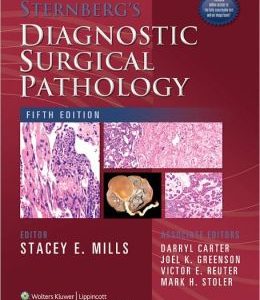
Sternberg’s Diagnostic Surgical Pathology Fifth Edition
$10 Add to basket -
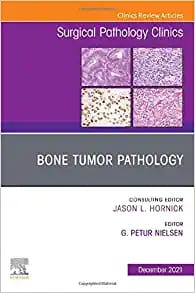
Bone Tumor Pathology An Issue of Surgical Pathology Clinics Volume 14-4
$16 Add to basket -
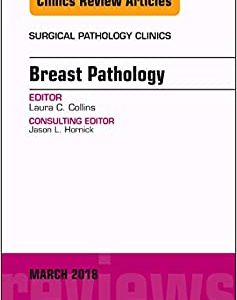
Breast Pathology, An Issue of Surgical Pathology Clinics Volume 11-1 First Edition
$16 Add to basket -
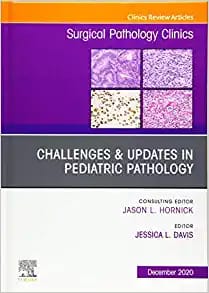
Challenges & Updates in Pediatric Pathology, An Issue of Surgical Pathology Clinics Volume 13-4
$16 Add to basket -
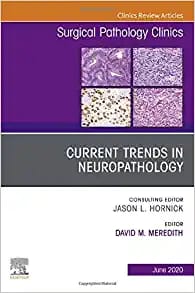
Current Trends in Neuropathology An Issue of Surgical Pathology Clinics Volume 13-2 First Edition
$15 Add to basket -
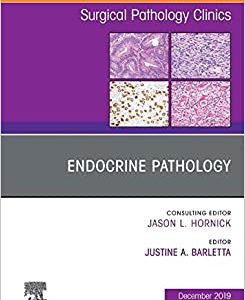
Endocrine Pathology An Issue of Surgical Pathology Clinics Volume 16-1
$16 Add to basket -
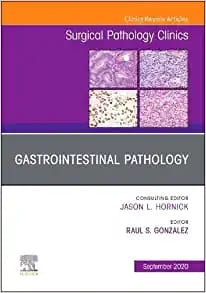
Gastrointestinal Pathology An Issue of Surgical Pathology Clinics Volume 16-4
$16 Add to basket -
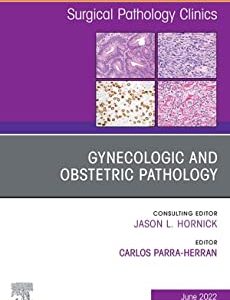
Gynecologic and Obstetric Pathology An Issue of Surgical Pathology Clinics Volume 15-2 First Edition
$16 Add to basket -
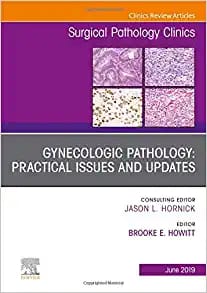
Gynecologic and Obstetric Pathology An Issue of Surgical Pathology Clinics Volume 15-2
$16 Add to basket -
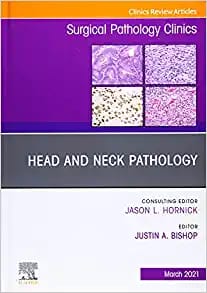
Head and Neck Pathology An Issue of Surgical Pathology Clinics Volume 14-1 First Edition
$16 Add to basket -
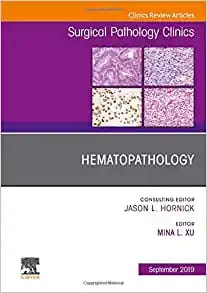
Hematopathology An Issue of Surgical Pathology Clinics Volume 16-2 First Edition
$16 Add to basket -
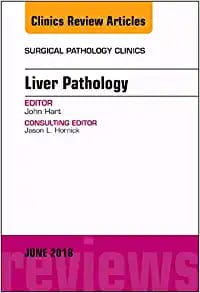
Liver Pathology An Issue of Surgical Pathology Clinics Volume 11-2 First Edition
$16 Add to basket

